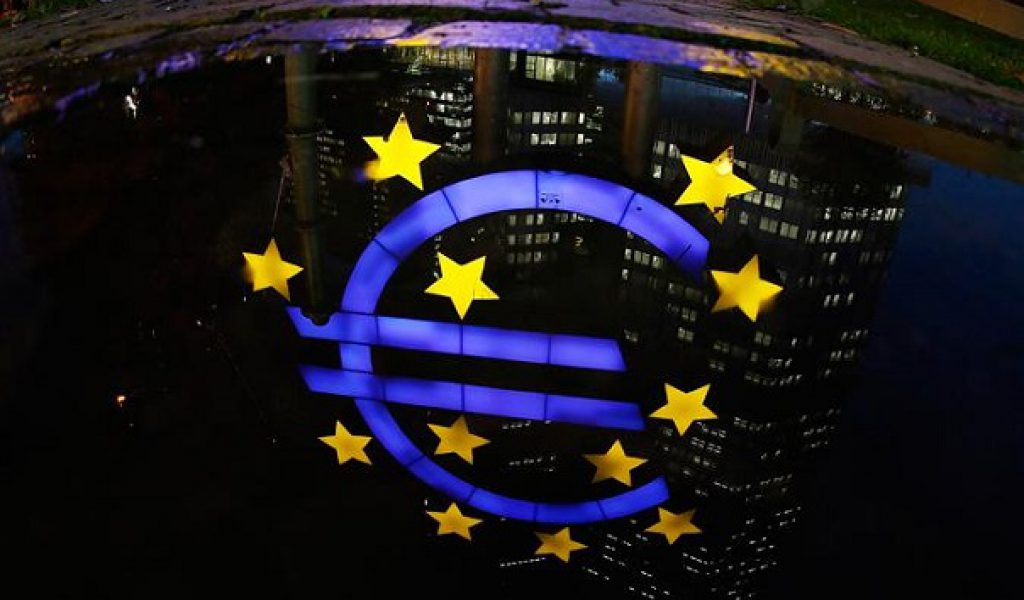According to latest reports, a slowdown in the housing market and a weakness in the construction industry only worsened amid higher costs. In your point of view, should we expect a further decrease in the UK economy? Why?
Our base case scenario is that we are expecting a slowdown in the UK economy in 2017. If we ask what has been propping the UK economy up since Brexit, the answer would be the consumer spending story; we have seen consumption being fairly resilient since Brexit. On the other hand, we have seen investment taper a little bit less, therefore, what has been driving the UK economy is really consumer spending.
Though, at this point, the outlook looks pretty bleak, especially if we take into account the fact that we have got a squeeze in household consumer incomes, coming from higher fuel prices, higher inflation, and a lack of wage inflation. Real incomes are being squeezed, which in theory leads to weaker consumer spending power. Thus, the channel which has been propping up the UK growth is likely to weaken a little bit going into 2017.









